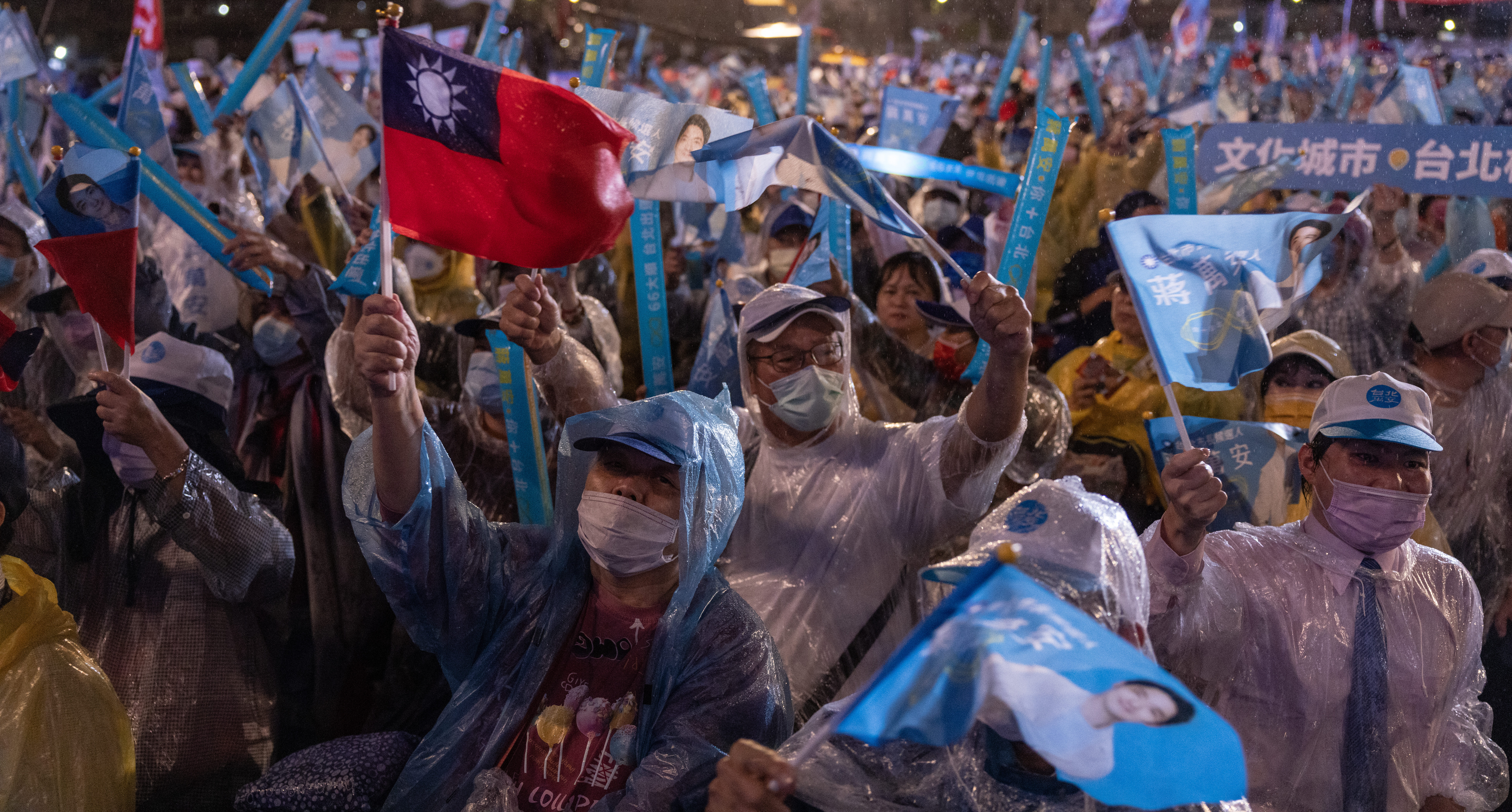Taipei
On 26th November, millions of voters in Taiwan cast their ballots in the nationwide local election. The ruling Democratic Progressive Party (DPP) was handed a resounding defeat while the main opposition party, Kuomintang (KMT), received a confidence boost after its poor performance in the presidential election more than two years ago.
The result is the governing party’s worst performance in history, forcing Taiwanese president Tsai Ing-wen to resign as party chair. Meanwhile, KMT’s performance is also a reminder that, despite its tough losses in two consecutive presidential elections since 2016, it remains a strong party with significant local influence.
Since local elections generally focus on domestic issues that matter to voters’ everyday lives, the growing threat from China and Taiwan’s relationship with like-minded countries are not the defining factors. Rather, local elections test a party’s ability to nominate candidates who have enough personal charisma, a deep understanding of local dynamics, and the ability to propose the right set of policies to appeal to constituents.
After one of its star candidates was found to have plagiarised the theses for both of his master’s degrees and had to withdraw from a key race in the city of Taoyuan, the DPP decided to focus on highlighting the Chinese threat as their strategy to win the local election. However, the final result clearly shows the limitations of a plan that worked well in the last presidential election.
Despite the humiliating defeat in the local election, the outcome shouldn’t be viewed as an indicator that the trend of more voters identifying themselves as “Taiwanese” has been reversed. Rather, the latest survey from the National Chengchi University (NCCU) in Taiwan shows that 63.7% of the respondents identify themselves as Taiwanese, a historic high.
This demonstrates that the DPP, which has long been viewed as the advocate of Taiwanese sovereignty, still has an edge over its rival party, which has struggled to convince Taiwanese voters with its policies towards China. Many think the KMT’s track record of promoting more dialogue and cooperation with China makes the party less trustworthy to safeguard Taiwan’s democratic system and way of life.
With the conclusion of the local election, all political parties will go back to the drawing board to prepare for the presidential election, which is expected to be held at the beginning of 2024. Unlike the local election, issues related to cross-Strait relations, Taiwan’s national security in the face of the Chinese threat, sovereignty, and foreign policy will dominate the campaign.
While the two elections may seem unrelated, the local results will act as indicators of who may be the frontrunners from each political party for the 2024 vote. After Tsai Ing-wen steps down from her chairwoman position, she will make way for a successor in the upcoming election. So far, all signs seem to suggest that current Vice President William Lai is the favourite for the role.
As for the KMT, several scenarios may be at play during the process of internal deliberation for the 2024 nomination. Current party chairman Eric Chu may use KMT’s strong performance in the local election as proof of his leadership capability. However, New Taipei City mayor Hou You-Yi, who won re-election in decisive fashion, could be a strong challenger.
Nevertheless, as political parties in Taiwan spend the next few months deliberating over their 2024 campaign strategies, China and the U.S. will be closely following developments. With Tsai expected to step down in 2024, whoever succeeds her as the next national leader will doubtless bring a different style of leadership to the table. Beijing and Washington will be holding their breath as Taiwan heads into the next election cycle.











Join the discussion
Join like minded readers that support our journalism by becoming a paid subscriber
To join the discussion in the comments, become a paid subscriber.
Join like minded readers that support our journalism, read unlimited articles and enjoy other subscriber-only benefits.
Subscribe